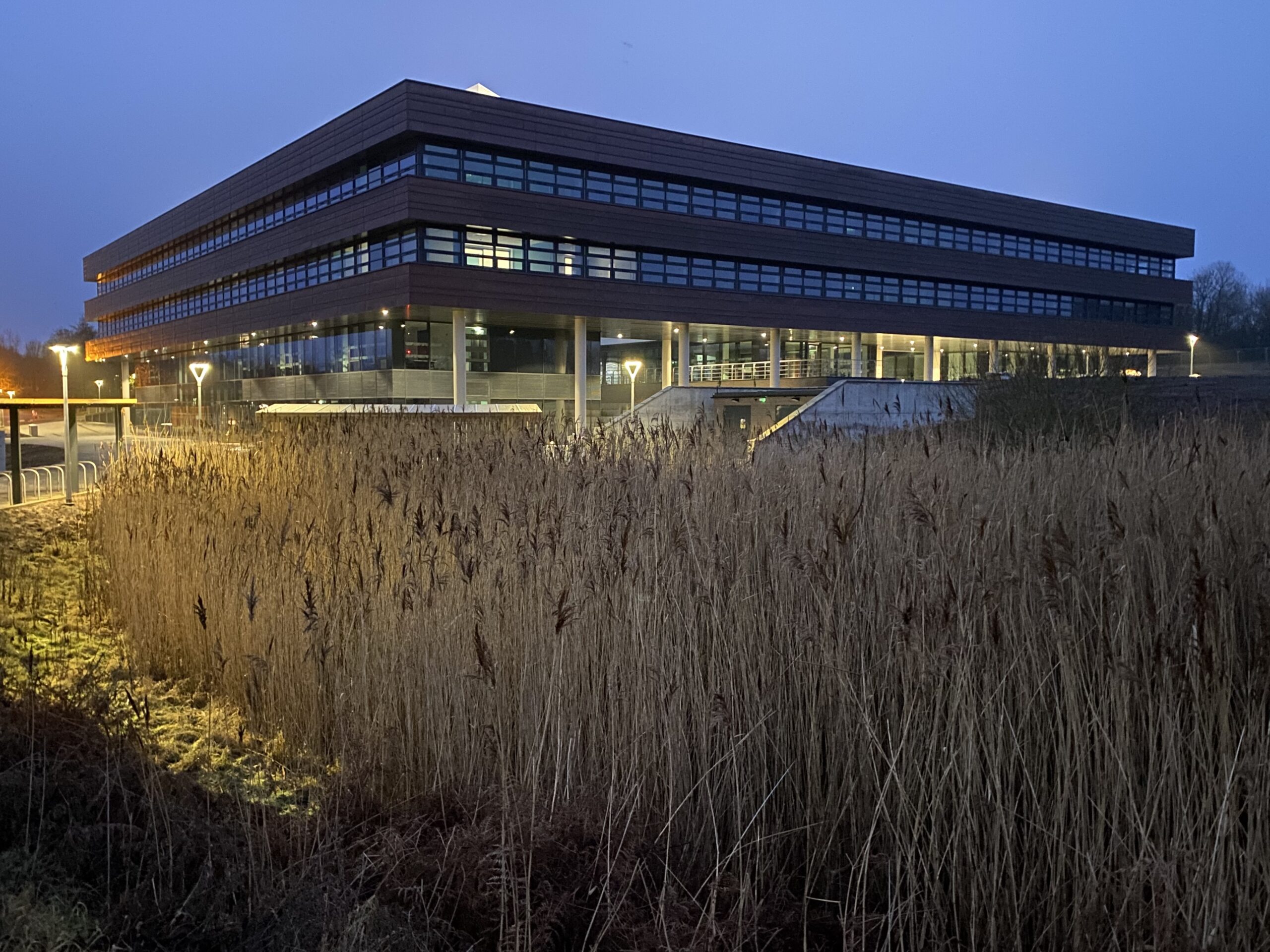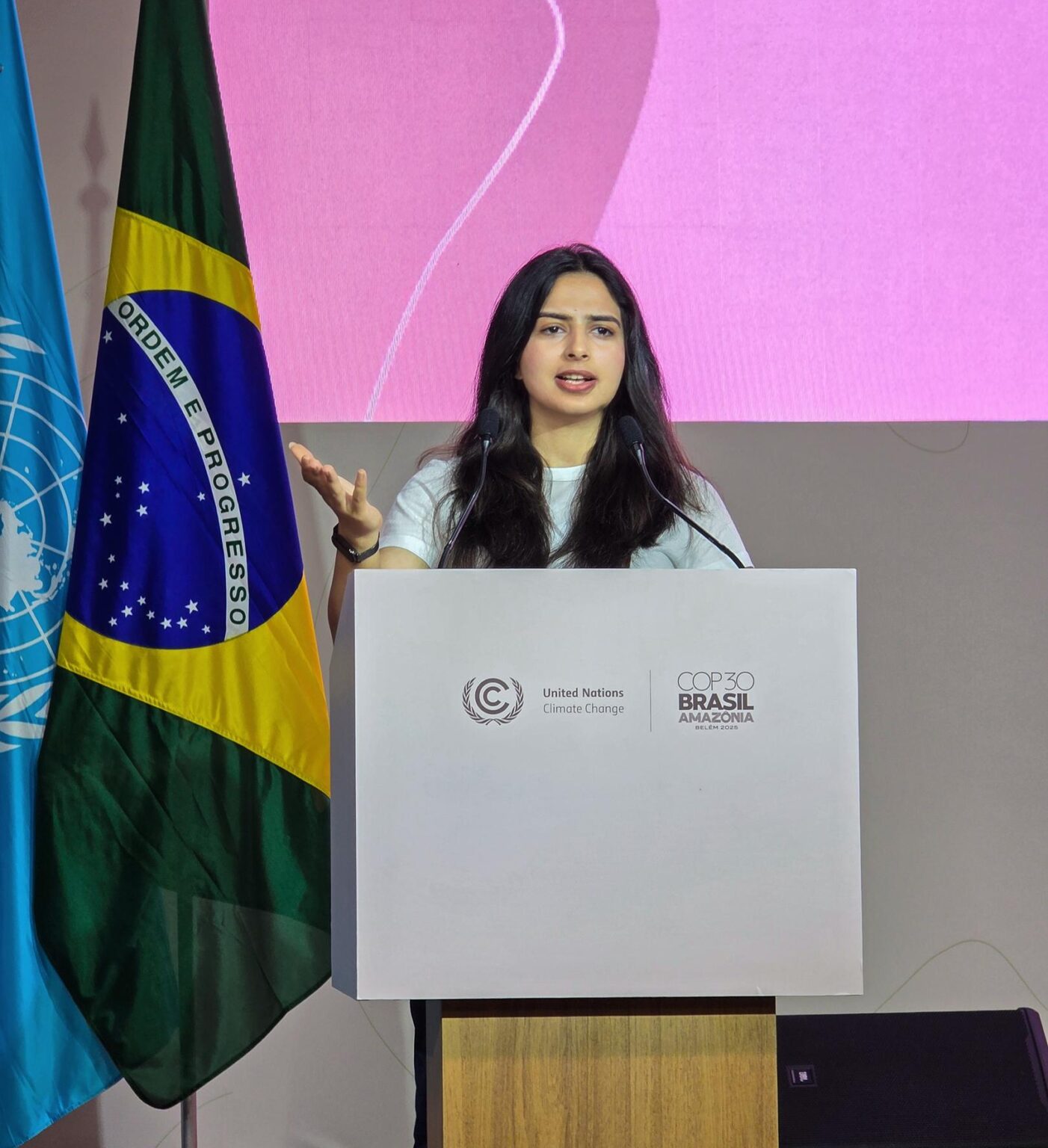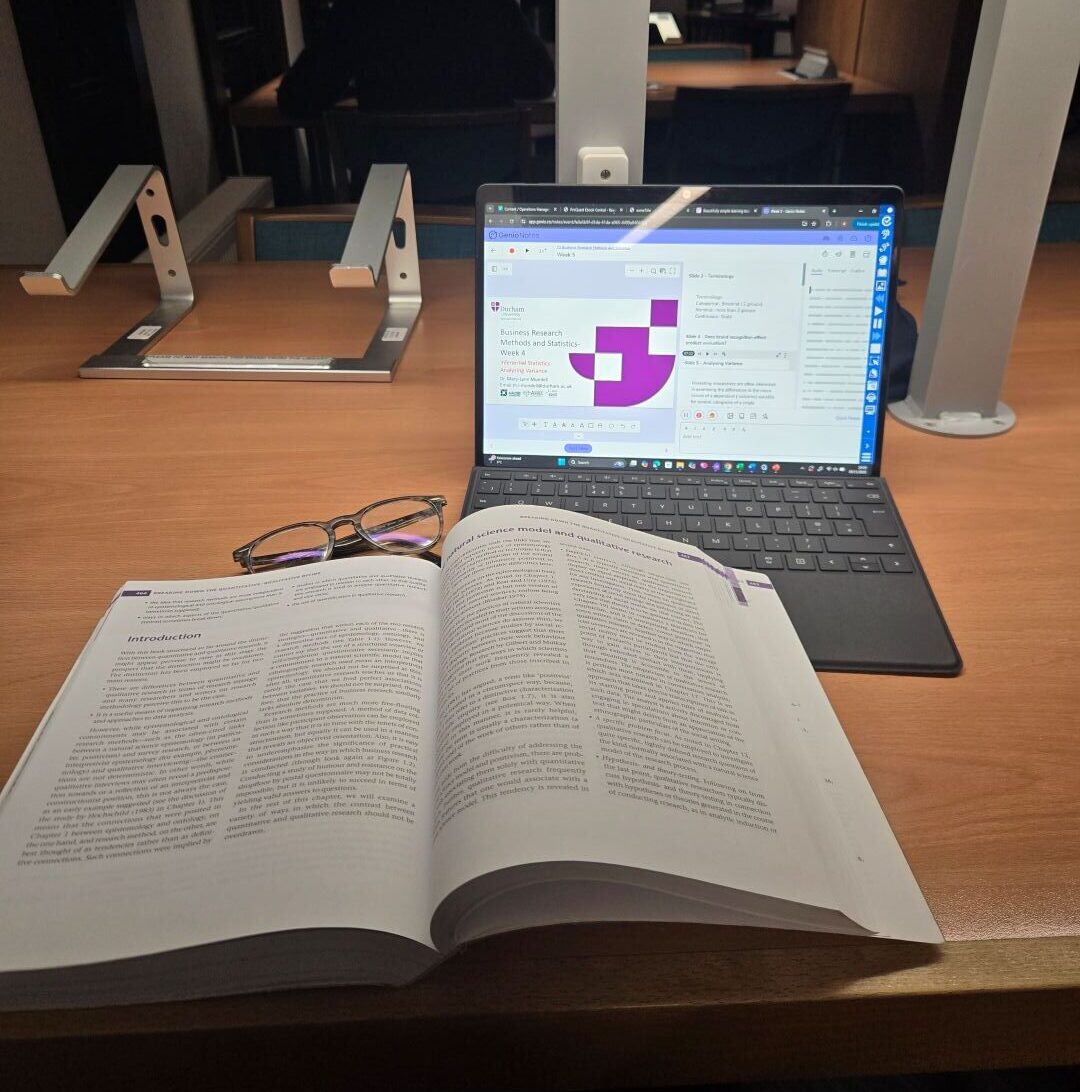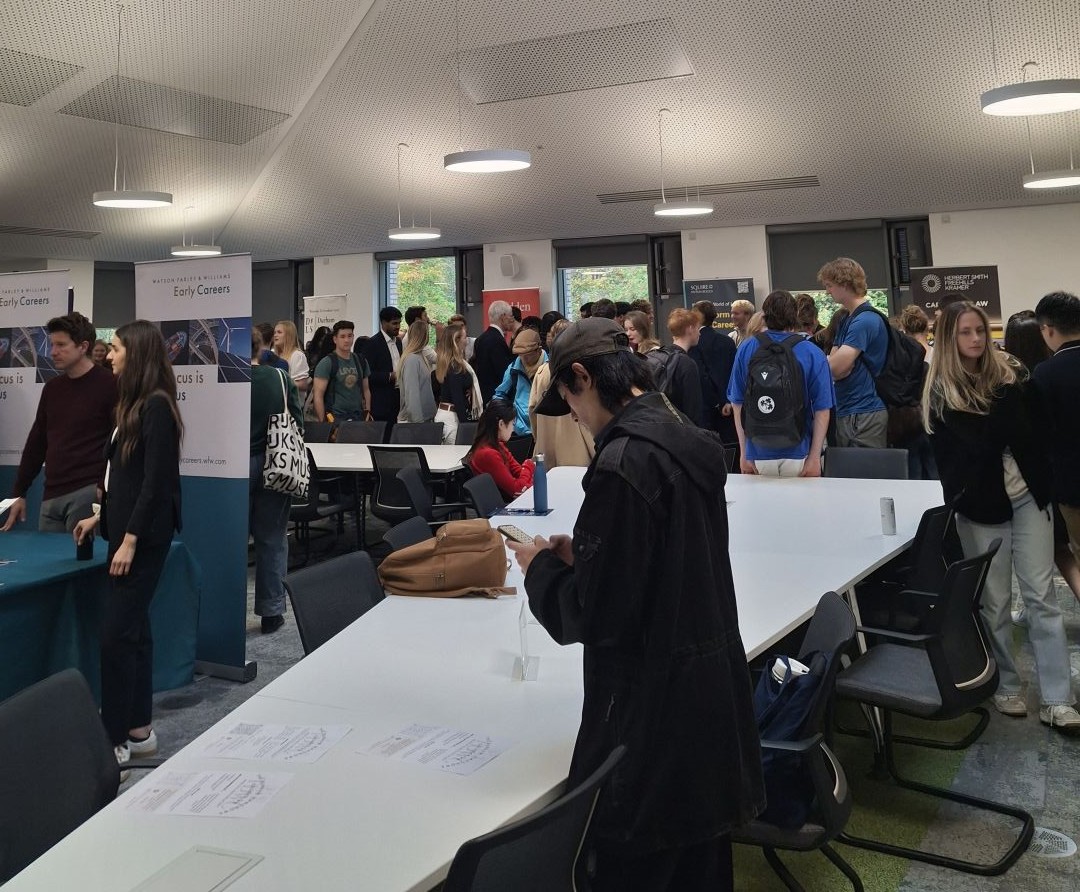In public policy debates, actors with a variety of interests, often conflicting, can bring needed reforms to halt. The lack of rigorous, accessible data tools prevents these actors from uncovering policy solutions that can drive consensus. Questions like how this reform would affect poverty, or how much benefits are people entitled to right now have too long remained the purview of experts distant from the political debate.
I’ve been incredibly fortunate to be able to put my data science training from Durham University to work to address this gap by joining with US-based former Google data scientist Max Ghenis to found PolicyEngine, a tech nonprofit.
At PolicyEngine, we believe that everyone deserves access to world-class resources on tax and benefit policy and its household and national impact. PolicyEngine leverages data science to:
● Accelerate response time in policy debates with streamlined computational analysis
● Equip organisers and advocates with accessible data tools to design policy solutions
● Empower citizens to analyse the impact of public policy on their households and
Communities
My final year paper was dedicated to developing a model to advance PolicyEngine’s broader vision. Under Professor Iain Stewart’s supervision, this involved writing and validating a new machine learning-based method for improving the accuracy of household surveys, which enables policymakers to use simulation to answer policy reform questions more accurately. For example, typically current methods struggle to model policy impact on the very poor and the very rich, a problem our approach largely resolves. I’m looking forward to talking about it at the International Microsimulation Association conference in Oslo next week, and it’s been exciting to see the project already put to use to measure the macroeconomic impact of the cost-of-living payments by NIESR.
PolicyEngine is the first publicly available fully open-source microsimulation app modelling taxes and benefits. With mature models in the US and UK, Canada slated for 2023 Q2, and conversations underway for expansion to New Zealand, Israel and Nigeria, PolicyEngine is already a global leader. We’ve benefited hugely from being able to share our findings and get feedback from a diverse group of experts across think-tanks and other research groups, like the UKMOD and Institute for Public Policy Research (IPPR) model teams, HM Treasury’s distributional analysis team, and the Venture Lab at Durham. I considered other career paths but, for now, I remain committed to PolicyEngine and computing the impact of public policy for everyone.

Discover more
Our Department of Computer Science is growing, with ambitious plans for the future and an inclusive, vibrant and international community at its heart. Ranked as a UK Top 10 Department (Complete University Guide 2023), our students develop knowledge and gain essential and transferable skills through high quality teaching, delivered by a passionate team of leading academics.
Feeling inspired? Visit our Computer Science webpages to learn more about our postgraduate and undergraduate programmes.
Durham University is a top 100 world university. In the QS World University Rankings 2024, we were ranked 78th globally.










